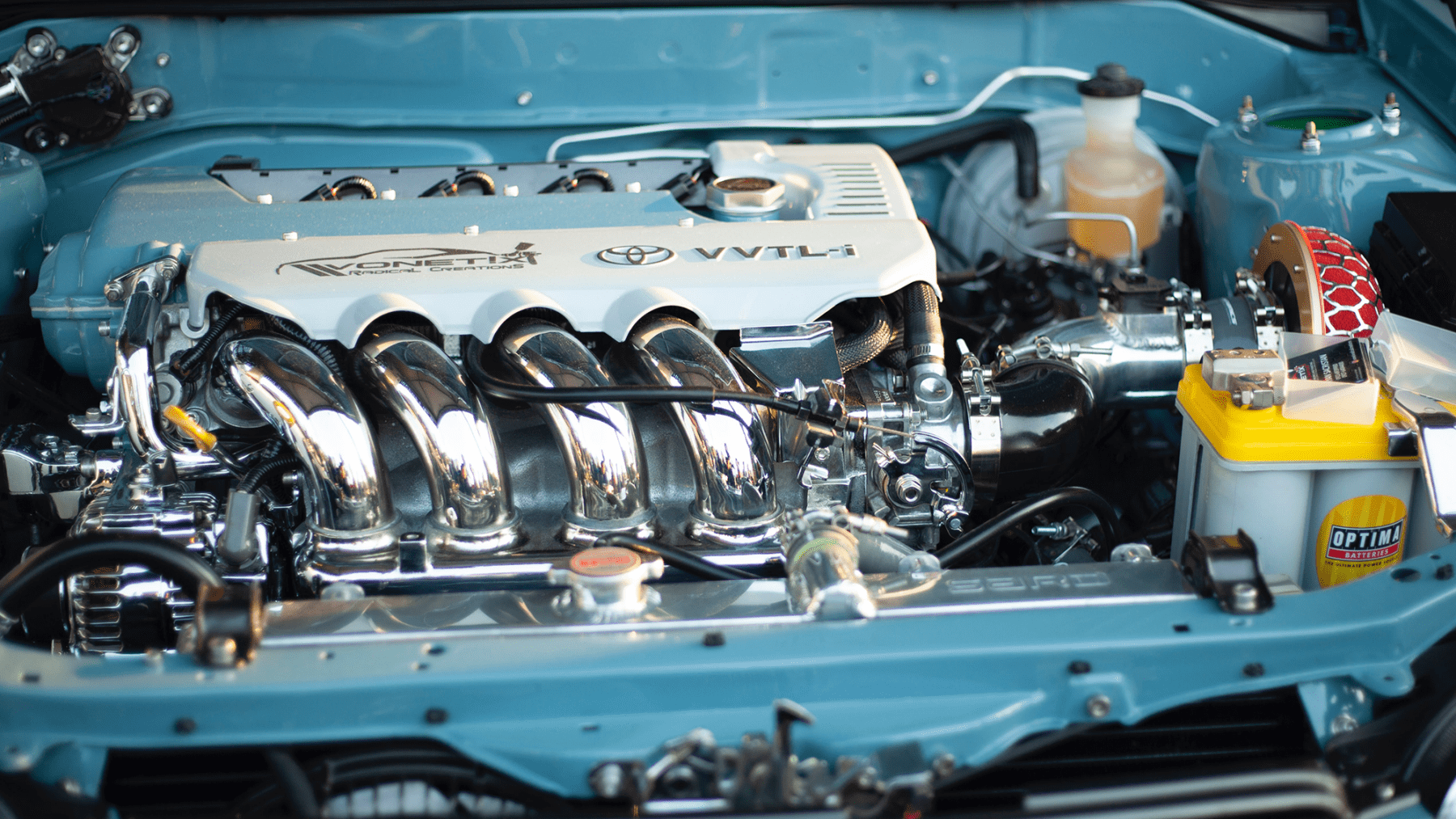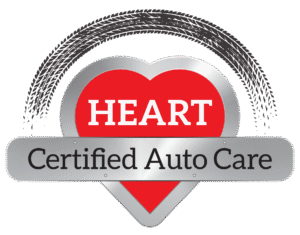5 Things to Know About Toyota Auto Repair in Northbrook


Having a reliable vehicle is essential, especially for those who live in areas where public transportation might not be as readily available. If you’re a proud owner of a Toyota in Northbrook, Illinois, understanding the ins and outs of your car’s maintenance needs can help ensure it runs smoothly for years to come. Here are five things to know about Toyota auto repair in Northbrook.
1. Importance of Regular Maintenance
Toyota vehicles are known for their durability and dependability, but that doesn’t mean they’re immune to wear and tear. Regular maintenance is key to prolonging the life of your car and avoiding costly repairs down the line. This includes routine oil changes, tire rotations, brake checks, and more. Luckily, Northbrook has several reputable service centers specializing in Toyota auto repair, including HEART Auto Care.
2. Certified Toyota Dealers and Repair Centers
3. Online Scheduling for Convenience
4. Customer Reviews and Ratings
5. Alternative Auto Repair Options
Understanding Toyota's Maintenance Schedule
Oil Changes
One of the most basic yet essential aspects of car maintenance is regular oil changes. For most Toyotas, the recommendation is to change the oil every 5,000 miles or every six months, whichever comes first. However, some newer models equipped with synthetic oil can go up to 10,000 miles between changes.
Tire Rotation and Balancing
To ensure even tire wear and extend the life of your tires, it’s recommended to have them rotated every 5,000 to 7,500 miles. Balancing your tires should be done at the same time, which helps prevent vibration and premature tire wear.
Brake Inspections
The braking system is one of the most crucial safety features in any vehicle. Toyota recommends having your brakes inspected every 5,000 miles or six months. This includes checking the brake fluid levels, brake pad wear, and the condition of the rot
Fluid Checks and Replacements
Aside from oil and brake fluid, your Toyota also relies on several other fluids for optimal performance. These include transmission fluid, power steering fluid, and coolant. It’s advisable to have these checked and replaced as necessary during your regular service appointments.
Other Inspections
Your Toyota’s maintenance schedule will also include various inspections to catch potential issues early on. These may include checking the exhaust system, inspecting the drive belts, checking the condition of the battery, and more.
Understanding and adhering to your Toyota’s maintenance schedule is a vital part of vehicle ownership that ensures your car’s performance, safety, and longevity, setting the stage for many miles of worry-free driving.
Decoding Your Toyota's Dashboard Lights
Check Engine Light
This light, which resembles an engine, can indicate a number of issues ranging from minor (like a loose gas cap) to more serious (like a malfunctioning oxygen sensor). If this light comes on, it’s best to get your vehicle checked by a professional.
Oil Pressure Warning
If you see a light that looks like an oil can, it means that your vehicle’s oil pressure is low. You should pull over as soon as it’s safe to do so and check your oil level.
Battery Alert
This light, which resembles a battery, indicates a problem with your vehicle’s charging system. It could mean that your battery isn’t charging properly, or there could be an issue with your alternator.
Tire Pressure Warning
If a light that looks like an exclamation point inside a horseshoe illuminates, it means one or more of your tires have low pressure. It’s important to check your tire pressure and inflate them to the recommended PSI.
ABS Warning Light
The ABS warning light, which displays “ABS,” signals a problem with your vehicle’s anti-lock braking system. While your brakes will still work, they may not perform optimally during hard braking or in slippery conditions.
Understanding your Toyota’s dashboard lights is a proactive step towards maintaining your vehicle’s health and safety. By promptly addressing any illuminated warnings, you can prevent minor issues from escalating into major problems, ensuring your Toyota continues to provide reliable and efficient service.
Toyota Warranty and What It Covers
Basic Coverage
The Basic Warranty coverage is for 36 months or 36,000 miles, whichever comes first. This is also known as the “bumper-to-bumper” warranty because it covers most parts of your Toyota from defects in materials or workmanship.
Powertrain Coverage
Your Toyota’s powertrain warranty lasts for 60 months or 60,000 miles. It covers the engine, transmission/transaxle, front-wheel-drive system, rear-wheel drive, seatbelts, and airbags.
Rust-Through Coverage
Toyota provides rust-through coverage for 60 months, regardless of mileage. This covers any vehicle body panel that develops perforation due to corrosion.
Emissions Coverage
Emissions coverage varies based on the type of emissions part and other factors. For example, some parts like the catalytic converter and engine control module are covered for 8 years or 80,000 miles.
Remember, regular maintenance and repairs are crucial to keep your Toyota running smoothly and to ensure that your warranty remains valid. Be sure to choose a reputable Toyota auto repair service in Northbrook for all your vehicle’s needs.
Keep Your Car Running Smoothly with HEART Auto Care in Northbrook!
Wrapping Up: Understanding Toyota Auto Repair in Northbrook
Understanding the intricacies of Toyota auto repair in Northbrook is essential for every Toyota owner. With an array of quality service providers and professional, courteous local auto repair shops, Northbrook stands as an excellent location for Toyota maintenance. Keeping in mind that regular care and immediate attention to any problems not only extend your vehicle’s lifespan but also guarantee your safety on the road.
Rely on the Northbrook experts to maintain your Toyota’s peak performance. Drive safe and enjoy the ride!










